
Big data for understanding mass migration trends
Recent mobile phone-based technologies can provide new insights into the effects of large-scale migrations as they happen.
2 October 2019
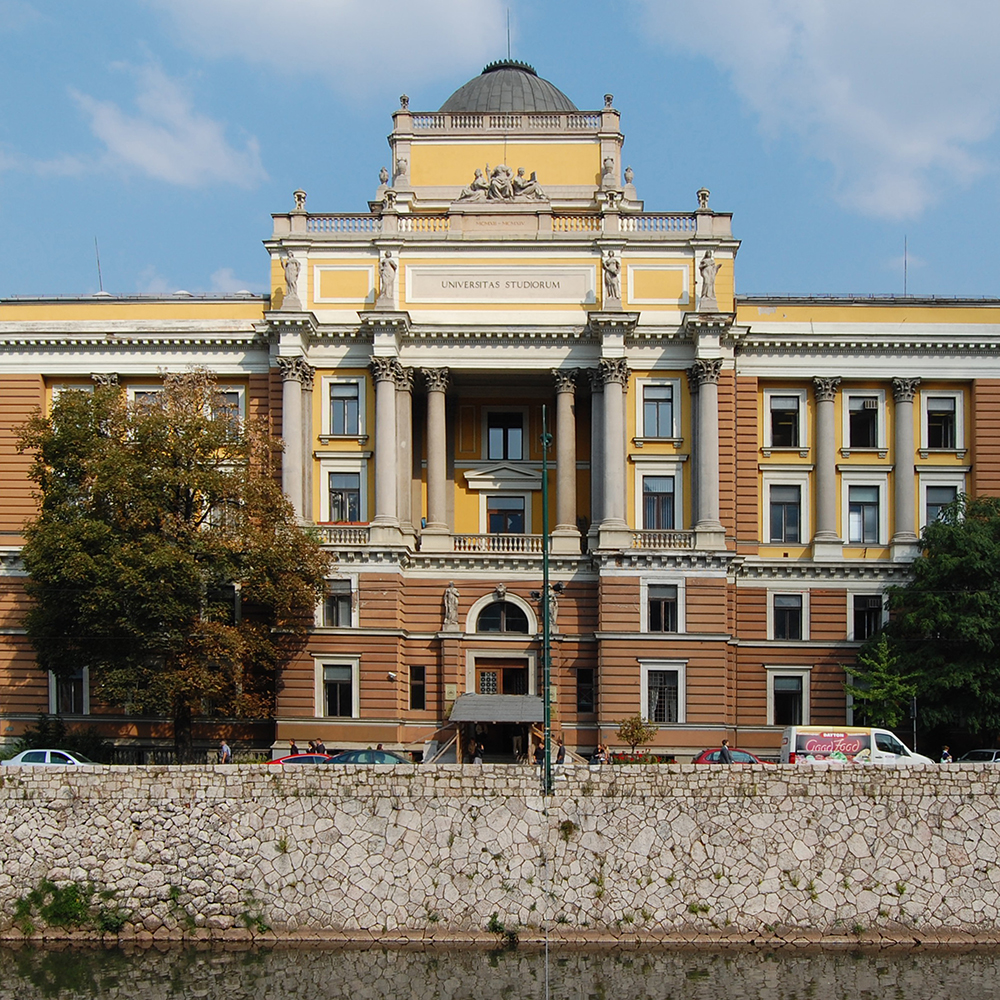
Research
Removing barriers for displaced academics
Researchers displaced due to conflict face a range of barriers when attempting to continue their professional pursuits in the country they have migrated to, removing these barriers is crucial for alleviating suffering and unleashing the potential of academics and students with unique backgrounds and perspectives.
12 September 2019
Redefining excellence to overcome geopolitical imbalances in research
European research funding is unevenly distributed. The success of the upcoming funding programme Horizon Europe hinges on how well it manages to overcome the geopolitical differences around the continent that have created this inequality. To realize Europe's full research potential, diverse contributions and widening participation must be recognized as an integral part of research excellence.
26 February 2019
Opinion
The New EU
The new EU27 must look beyond itself and focus on relevant global challenges, which are greater than internal difficulties.
5 March 2018

Opinion
European Trade and Investment
The rules no longer apply. The biggest challenge facing the new EU is the growing threat to the international economic order. From banking to free movement of people and goods to international law and trade, bilateral alliances and unilateral moves have undermined existing structures. As Brexit heats up, a new 2-part series from trade expert Eoin Gahan will explore its trade and investment prospects.
27 November 2017

Brexit: the UK in the departure lounge
If Brexit happens, the UK will not be in a strong position to face global challenges. Lagging in trade openness and innovation, and facing a divergent regulatory environment and declining foreign investment, the UK will struggle to re-negotiate trade deals with global partners. Conversely, as the influence of the EU moves east, increased political coherence could benefit the Euro and EU financial sector.
10 June 2016
Keeping the Lights On
The possibility of the UK exiting the European Union, or Brexit, could have a significant impact on national energy policy and infrastructure. The EU referendum could define whether the UK will meet its Paris COP21 targets, and what energy resources are utilised.
22 April 2016
Are Pro-Government Political Militias Evidence of a Strong State?
The growth of pro-government political militias and unidentified armed groups has traditionally been associated with weak state capacity however, new research suggests this may be a method of institutional management and can be seen as evidence of a strong state rather than a fragile one.
13 March 2016
Fragile States
The greatest migration since World War II is under way as refugees flow from Syria to both surrounding countries and Europe. Here we examine the role of climate change with regard to state fragility and migration, and propose three guiding principals for governments to follow when faced with complex and uncertain climate-related threats.
24 November 2015
Living above the Arctic Circle
Climate change affects everyone. For Arctic communities, the unpredictable nature of the changes is having a profound impact on health and entire livelihoods. The Arctic people know they’ll need to adapt to a rapidly changing landscape, one in which dependency on the seasons can no longer be relied upon.
30 September 2015
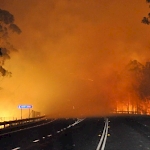
Global Risk: the Wildfire in the Commons
What distinguishes many of today's problems from those faced by former generations? The interconnected nature of global issues like emerging bio-technologies and climate change raises the possibility of 'wildfire risks', where the actions of one can have a great impact on many.
24 June 2015

Opinion
Power to the People: Building local energy capacity
The challenge of moving towards a low carbon future is one now embraced by the political leaders of the G7, but how that path will unfold is still a live political debate. Local energy co-operatives offer a viable and progressive path to sustainability.
22 June 2015

The Trans Pacific Partnership: Trade and Globalisation
Shrouded in secrecy, and acting outside established international channels for trade negotiation, will the Trans Pacific Partnership further marginalise smaller and less developed nations in their quest to secure a place in the global marketplace?
22 June 2015

Marine Energy: Somewhere Beyond The Sea?
Marine energy has the potential to play a key role in the UK's energy mix in the coming decades, benefited by both its geography and its historical expertise. It is now critical that the necessary steps are taken to enable the technology to progress to the commercially viable stage, and realise its full potential.
22 June 2015

Imagine a future dominated by brain emulation robots
History took us from the age of foraging to the age of farming, will brain emulation technology now take us from the industrial era to the age of the "em" economy?
22 June 2015

The Gathering Storm
A rights-based approach to protecting victims of climate-induced displacement is needed; one which recognises entitlement to assistance and protection, and leverages opportunities for safe and dignified migration.
15 May 2015

Investing in institutional ‘software’
Building resilience to extreme weather needs a systems approach, including institutional ‘software’ as well as technical, financial, and physical infrastructure – or ‘hardware’.
12 May 2015

International Cooperation and Competition in Space
International collaboration in space exploration has provided a platform for immense technological innovation and research that has benefited a range of scientific disciplines.
1 October 2013
A WMD Free Zone in the Middle East
Nuclear proliferation in the Middle East is high on the regional and international agenda. Fear of a nuclear arms race in the region driven by tensions between Iran and Israel, and continued mistrust surrounding the Iranian nuclear programme, threaten preparations for the upcoming Helsinki conference.
1 October 2013

The Female Economy in China and India
Increasingly affluent and powerful female consumers in China and India are expected stimulate extraordinary growth – and deliver growth to the companies that serve them.
1 May 2013

China’s Pro-Renewable Energy Approach
This article identifies the broad spectrum of challenges facing China’s energy sector and looks at the impact of this policy intervention on its development.
1 January 2013

Investing in Africa
According to the International Monetary Fund, seven of the ten fastest growing economies over the next five years will be in Africa, a figure which is starting to capture the attention of both private and institutional investors.
1 January 2013

Preventing State Conflict in Cyberspace
Can a normative solution to state-sponsored cyber attacks bring peace to cyberspace?
1 October 2012

Re-Thinking Rural Architecture in Syria
This article outlines a model for developing rural housing in Syria by means of relying on local resources including labour, materials and techniques.
1 October 2012

Mental Health and the Military
Never far from the media spotlight has been the mental health of those presently serving in the armed forces, those who have served (veterans), as well as the wider military community.
1 October 2012

The Age of Minor Metals
Recent friction in the field of rare earths and platinum group metals demonstrate that it will be essential to find a mutually beneficial outcome for the mineral wealthy and the technology rich.
1 October 2012
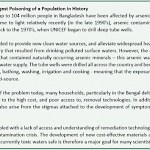
Arsenic: Mass Poisoning in the 21st Century
Access to clean water is a fundamental human need. We must find low-cost ways of analysing toxic contaminants in the field, and develop cheap and effective remediation methods.
1 May 2012
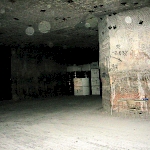
Why Our Nuclear Waste Isn't Going Anywhere
The answer to nuclear waste disposal may lie in deep underground geological storage, yet this strategy faces strong ‘Not In My Back Yard’ opposition.
1 May 2012






